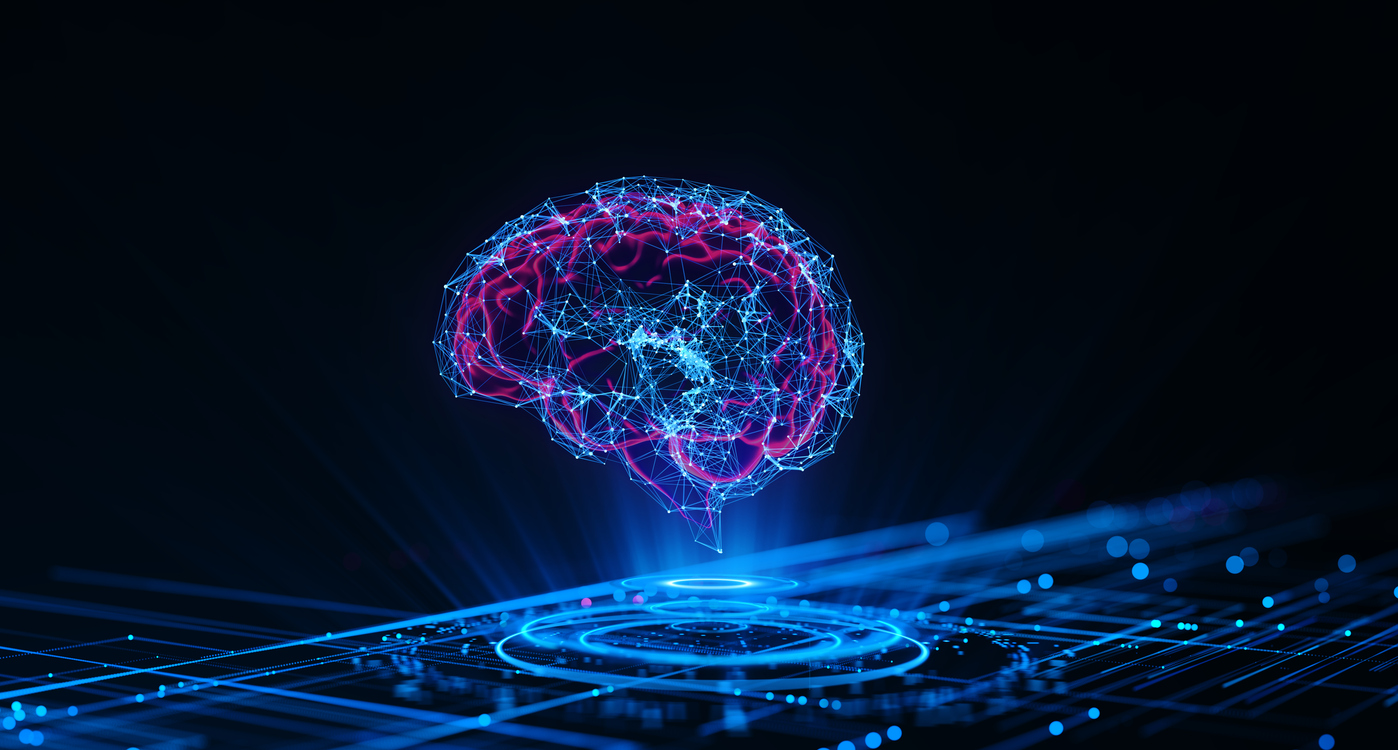
Artificial intelligence (AI) and machine learning (ML) are transforming nearly every aspect of our daily lives, from how we shop and communicate to how we work and manage our health. These technologies are no longer confined to futuristic sci-fi; they are seamlessly integrated into the products and services we use every day. In this article, we’ll explore how AI and machine learning are impacting various aspects of our lives and why they matter.
1. AI in Personal Assistants and Smart Devices
One of the most direct ways AI impacts our daily lives is through personal assistants and smart devices. Voice-activated assistants like Amazon Alexa, Google Assistant, and Apple’s Siri use AI to understand our commands, answer questions, and help manage our daily schedules.
How AI enhances personal assistants:
- Natural language processing (NLP): AI helps personal assistants understand and interpret human language, allowing for more natural and intuitive interactions.
- Smart home integration: AI-powered assistants control smart home devices, such as lights, thermostats, and security systems, making homes more convenient and efficient.
- Task automation: From setting reminders to ordering groceries, AI assists with automating routine tasks, saving time and effort.
Pro tip:
- Use AI assistants to create routines that automate your daily tasks. For example, set a routine to dim the lights and play relaxing music at the end of the day.
2. AI in Healthcare
The healthcare industry is one of the sectors most profoundly transformed by AI and machine learning. From diagnostics to personalized treatment plans, AI is revolutionizing how we approach health and wellness.
Key impacts of AI in healthcare:
- Medical imaging: AI algorithms can analyze medical images, such as X-rays and MRIs, to detect abnormalities and assist with early diagnosis. AI systems are increasingly capable of identifying patterns in images that may be missed by human eyes.
- Predictive analytics: Machine learning models analyze patient data to predict disease outbreaks, identify at-risk populations, and recommend preventive measures.
- Personalized medicine: AI helps tailor treatment plans based on individual patient data, including genetics, lifestyle, and medical history, ensuring more effective care.
Pro tip:
- AI-powered health apps and wearable devices (like Fitbit or Apple Watch) can track your vitals, provide fitness recommendations, and alert you to potential health issues.
3. AI in Online Shopping and E-commerce
AI and machine learning are key drivers behind the personalized shopping experiences we encounter online. E-commerce platforms use these technologies to recommend products, improve customer service, and streamline the buying process.
How AI enhances online shopping:
- Recommendation engines: AI algorithms analyze browsing history, purchase patterns, and customer preferences to recommend products that are most likely to appeal to each user.
- Chatbots and virtual assistants: AI-powered chatbots provide instant customer support, answering questions, helping with returns, and offering product recommendations in real-time.
- Inventory management: Machine learning models help retailers optimize inventory by predicting product demand and automating restocking processes.
Pro tip:
- Take advantage of AI-driven product recommendations when shopping online, but be mindful of targeted ads that may influence impulsive buying.
4. AI in Transportation and Navigation
AI and machine learning have significantly impacted how we travel, making transportation systems smarter, safer, and more efficient. From ride-sharing services to autonomous vehicles, AI is playing a pivotal role in transforming how we get from point A to point B.
Key areas where AI impacts transportation:
- Navigation apps: AI-powered apps like Google Maps and Waze use real-time data and machine learning to provide accurate directions, predict traffic patterns, and suggest alternative routes to save time.
- Ride-sharing services: Platforms like Uber and Lyft use AI to match riders with drivers, calculate fares, and optimize routes for faster pickups and drop-offs.
- Autonomous vehicles: AI is at the core of self-driving cars, enabling them to interpret sensor data, recognize objects, and make real-time driving decisions.
Pro tip:
- Use AI-powered navigation apps to avoid traffic delays and discover faster, more efficient routes for your daily commute.
5. AI in Entertainment and Media
From content recommendations to personalized playlists, AI and machine learning play a significant role in shaping our entertainment experiences. Streaming platforms, social media, and gaming companies use AI to create more engaging and personalized content.
How AI is transforming entertainment:
- Streaming recommendations: Platforms like Netflix, Spotify, and YouTube use machine learning algorithms to recommend shows, music, and videos based on your past viewing habits and preferences.
- Content creation: AI tools are being used to assist content creators in generating everything from personalized music to AI-generated artwork. AI can even assist filmmakers with editing and special effects.
- Personalized gaming: AI in video games adapts to player behavior, creating personalized experiences and improving non-playable characters (NPCs) for more realistic interactions.
Pro tip:
- Curate your playlists and viewing lists by interacting with AI recommendations on streaming platforms to discover new content that aligns with your preferences.
6. AI in Finance and Banking
AI is reshaping the finance and banking sector, making it easier for consumers to manage their finances while improving fraud detection and risk management. From personal finance apps to algorithmic trading, AI’s influence is widespread.
AI applications in finance:
- Personal finance management: AI-driven apps like Mint and YNAB (You Need a Budget) help users track spending, manage budgets, and offer personalized financial advice.
- Fraud detection: Banks use machine learning to monitor transaction patterns and detect suspicious activity in real-time, helping to prevent fraud before it happens.
- Algorithmic trading: AI is used by financial institutions to analyze market trends and execute trades based on data-driven predictions, making investing more efficient.
Pro tip:
- Use AI-powered personal finance apps to track your expenses, monitor investments, and receive insights into improving your financial health.
7. AI in Education and Learning
Education is another sector benefiting from AI and machine learning, where these technologies are enhancing both teaching methods and student learning experiences. AI is helping to create personalized learning paths, provide real-time feedback, and make education more accessible.
How AI is transforming education:
- Personalized learning: AI-powered educational platforms like Khan Academy and Duolingo adapt lessons to a student’s skill level, providing personalized learning experiences that cater to individual strengths and weaknesses.
- AI tutors: Virtual tutors powered by AI can offer additional help to students outside of the classroom, answering questions, providing explanations, and offering practice problems.
- Automated grading: AI is being used to grade assignments and exams, freeing up teachers to focus on more critical aspects of instruction and offering quicker feedback to students.
Pro tip:
- Leverage AI-powered learning tools to supplement your education and receive personalized feedback on areas that need improvement.
8. AI in Customer Service
AI-driven customer service tools, such as chatbots and virtual agents, are becoming increasingly common, making it easier for businesses to provide round-the-clock support. These tools help streamline customer service operations and enhance user experiences.
Key AI features in customer service:
- Chatbots: AI-powered chatbots are capable of handling common customer inquiries, reducing wait times and providing instant support. Chatbots are frequently used in industries like retail, travel, and banking.
- Sentiment analysis: AI can analyze customer reviews and feedback to determine overall sentiment, helping companies improve products and services based on real-time insights.
- Automated responses: AI systems can automatically respond to emails, messages, or social media queries, ensuring customers receive timely and relevant answers.
Pro tip:
- Interact with AI-powered customer service agents to quickly resolve issues without waiting for human intervention.
AI and machine learning are rapidly transforming the world around us, enhancing convenience, efficiency, and personalization in various aspects of our daily lives. From healthcare and entertainment to education and transportation, these technologies are making our experiences smarter, more personalized, and more responsive. As AI continues to evolve, it will undoubtedly play an even more integral role in shaping the future of how we live, work, and interact with the world.







